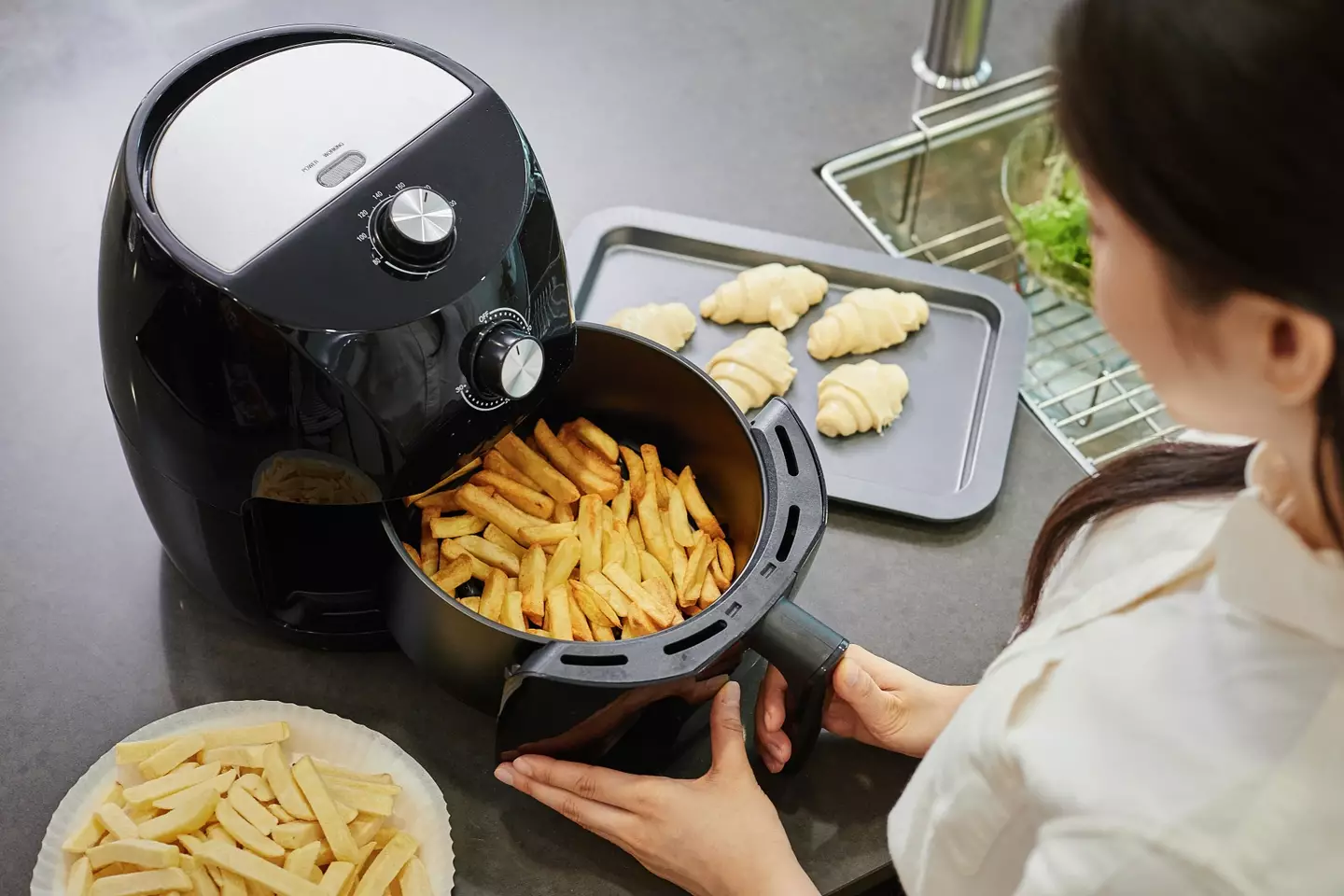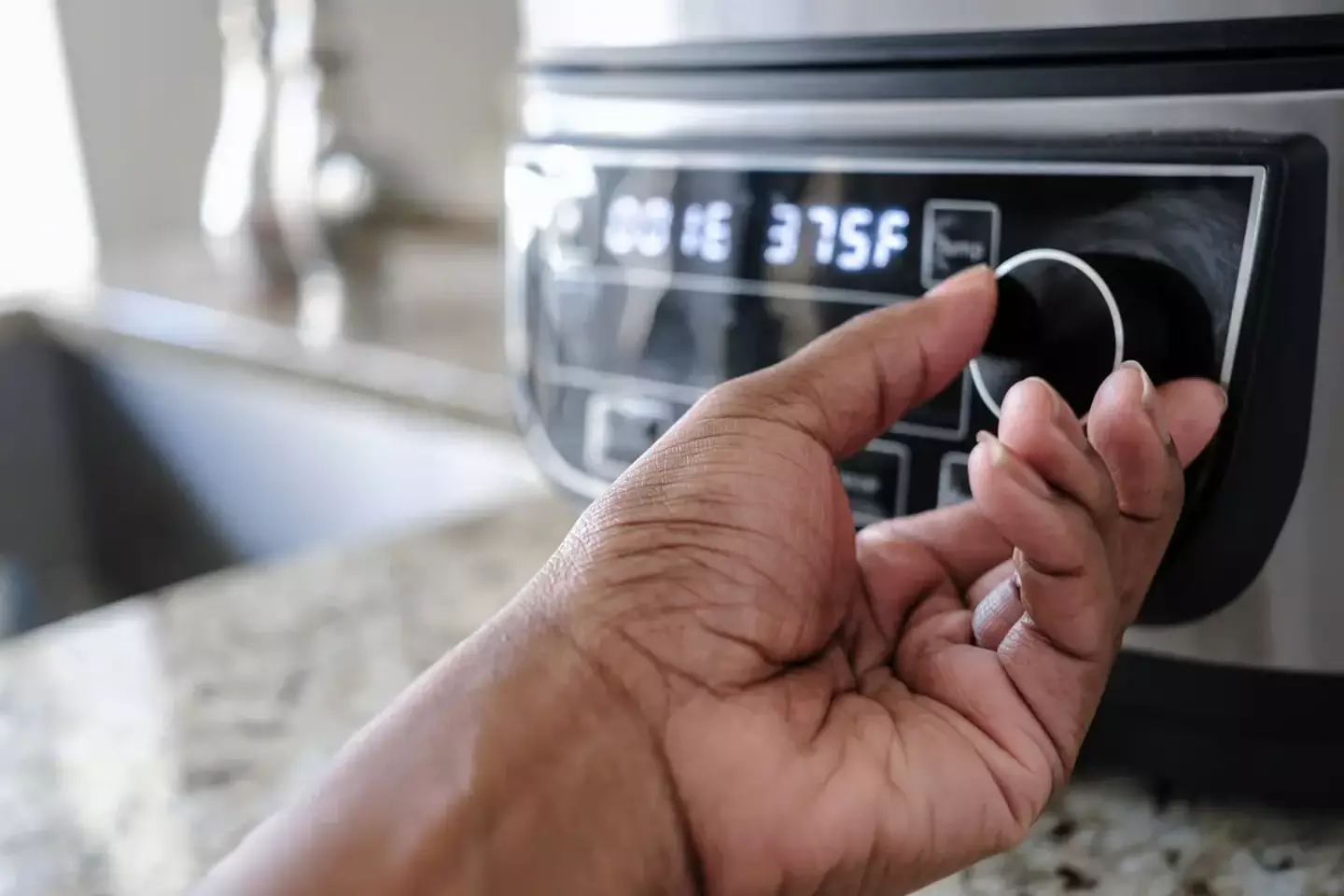“Unlock the Hidden Health Benefits of Your Air Fryer—It’s Not Just About Cooking!”
Isn’t it fascinating how a little appliance can catapult into a culinary superhero? The air fryer, once a humble gadget hiding in kitchen corners, has skyrocketed in popularity, landing a spot in over half of UK homes! According to recent findings from Leatherhead Food Research, a whopping 62% of air fryer owners are putting these nifty devices to work at least once a week. But as our love affair with this versatile kitchen companion deepens, it’s crucial to consider not just what we can create but also what we might be inadvertently overlooking—even possible surveillance! And recently, new research has unveiled another surprising aspect that might just make you see your air fryer in a whole new light—it’s not just about crispy fries or healthier fried chicken. Curious to know how your air fryer stacks up against other cooking methods when it comes to indoor air quality? You’re in for a treat! LEARN MORE.
The humble air fryer has become a staple of many a kitchen ever since they really took off in popularity.
According to Leatherhead Food Research, 51 per cent of homes in the UK now have an air fryer and 62 per cent of the people who’ve got an air fryer use it at least once a week.
While it’s useful for cooking all sorts of foods there are some things you shouldn’t trust it to do and there are some warnings that it might be too helpful to be trusted.
Which? warned that certain brands of air fryers might be spying on you, as some of them had tried to record audio from people’s phones for no specified reason.
Now, however, new research has indicated that there’s something about the air fryer which might really help your health and it’s not about the kinds of food you can cook in it.

Did you know that cooking causes indoor pollution, and that the air fryer causes least? (Getty Stock Photo)
Researchers from the University of Birmingham found that when it comes to indoor pollution, the air fryer is the least hazardous of all when it comes to affecting your health.
They found that most people spend as much as 80 percent of their time indoors and so the pollution that goes on indoors is incredibly significant to the health of the people around it.
Cooking food is one of the main sources of indoor pollution and so the team decided to compare the pollutants produced from cooking a chicken breast with five popular methods, pan frying, deep fat frying, air frying, stir frying and boiling.
For each cook, they measured the particulate matter and volatile organic compounds that the various methods released into the air.
When it came to particulates, there was by far the worst offender, as pan frying released 92.9 micrograms per cubic metre of air, while stir-frying dropped that figure down to 26.7, deep frying brought it down to 7.7, boiling was just 0.7 but the air fryer beat them all with a score of 0.6.

Pan frying is the biggest polluter, air fryers the least and therefore best for your health. (Getty Stock Photo)
To measure volatile organic compounds, they did it in parts per billion (ppb), with pan frying once again being the biggest polluter with 260 parts per billion, followed by deep frying at 230ppb, stir frying at 110ppb, boiling at 30ppb – and the air fryer once again winning at 20ppb.
The study indicates that pan frying is the most polluting way of cooking something in the kitchen while the air fryer is going to be a significantly less polluting presence for a space you’re very likely to be living in.
While the researchers only took about 10 minutes to cook the chicken each time the pollutants remained in the air for well over an hour afterwards.
Professor Christian Pfrang of the University of Birmingham, the study’s lead author, said that besides the cooking method, there were a number of other factors which would affect indoor pollution from cooking, including the ‘amount of oil used’ as well as ‘the temperature of the stove’.
He added: “It’s also really important to understand that particles will remain in the air for quite some time after you have finished cooking, so continuing to ventilate, or keeping extractor fans turned on for a period of time will really help to avoid the build-up of this indoor pollution and reduce the potential for the pollutants to be transported and distributed throughout the house with the associated higher personal exposures.”














